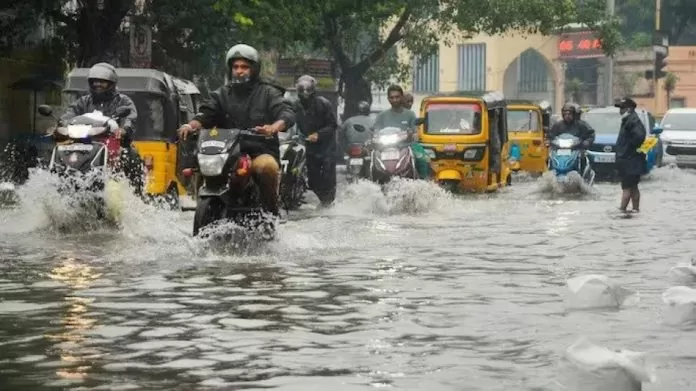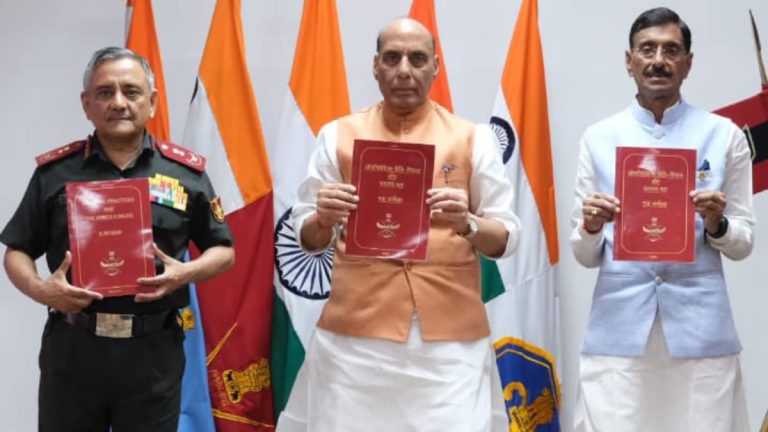IMD rainfall update: Meteorological Department alert! There will be a lot of monsoon rain this year
IMD weather update: In the month of April, heat wave conditions have arisen in many parts of the country. People are in bad condition due to extreme heat. However, India Meteorological Department (IMD) has given news of relief. According to meteorologists, this year there may be more rain than last year. This is because the level of influence of El Nino is decreasing. This is indicating a better environment for monsoon.
Director General of Indian Meteorological Department, Mrityunjay Mahapatra gave this information. Referring to the warming of the central Pacific Ocean, he said that so far the indications are that El Nino is decreasing. The impact will subside by early June, after which neutral conditions may prevail. This climatic phenomenon is favorable for the south-west monsoon.
Let us tell you, the south-west monsoon is important for the agricultural sector of India. It covers about 70 percent of the annual rainfall in the country. The agriculture sector in the country contributes about 14 percent to the GDP and employs more than half of the approximately 1.4 billion population. This lack of rainfall has a major impact on the economy of the country.
IMD chief Mohapatra said La Nina conditions are being observed between July and September this year, which is contributing to the cooling of the central Pacific Ocean. La Nina is good for the Indian monsoon and neutral conditions are good this time, he said. Last year, due to El Nino, 60 percent of the Indian monsoon area was negatively affected, but this year such a situation will not be seen. Eurasia also has less snow cover this year, which is largely favorable for the monsoon.
there was less rain last year
According to the report, India recorded at least 820 mm rainfall in the 2023 monsoon season compared to the average rainfall of 868.6 mm. The Meteorological Department has blamed strong El Nino for this. Later this month, IMD will release the forecast of south-west monsoon, in which information about a new signal can be found.
The prediction is based on three events
– El Nino situation
– Temperature in the Indian Ocean Dipole
– Snow cover on the northern Himalayas and Eurasian landmass






